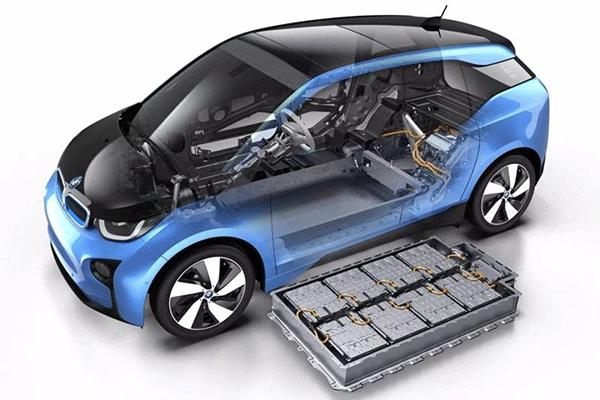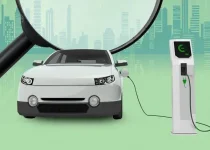What are the trends in electric vehicle battery technology

Electric vehicle (EV) battery technology has been rapidly evolving in recent years, driven by the demand for more efficient, longer-range, and environmentally friendly vehicles. Key trends in EV battery technology include:
- Higher energy density: Battery manufacturers are continuously working on developing batteries with higher energy density, which allows for more energy to be stored in a smaller, lighter package. This can lead to longer driving ranges and lighter vehicles, improving overall vehicle efficiency.
- Reduced costs: The cost of EV batteries has been decreasing significantly over the past decade due to improvements in manufacturing processes, economies of scale, and advancements in battery technology. Lower battery costs contribute to the overall affordability of EVs, making them more competitive with internal combustion engine (ICE) vehicles.
- Faster charging: Developments in battery technology and charging infrastructure are focusing on reducing charging times, making EV charging more convenient and practical for everyday use. Innovations such as ultra-fast charging stations and high-capacity battery systems are helping to minimize charging times and alleviate range anxiety.
- Longer battery life: Battery life and cycle stability are key factors influencing EV adoption. Researchers and manufacturers are working on improving battery chemistry and materials to extend battery life and maintain capacity over a larger number of charging cycles.
- Solid-state batteries: One of the most promising trends in EV battery technology is the development of solid-state batteries, which replace the liquid electrolyte found in traditional lithium-ion batteries with a solid material. Solid-state batteries offer several advantages, such as higher energy density, improved safety, and longer life, but challenges related to manufacturing and scalability remain.
- Sustainable materials and recycling: There is a growing emphasis on using sustainable materials in EV batteries and developing recycling processes to recover valuable materials from end-of-life batteries. This can help reduce the environmental impact of battery production and contribute to a more sustainable EV ecosystem.
- Advanced battery management systems (BMS): BMS technology is continuously improving to better monitor and manage battery performance, temperature, and state of charge. Advanced BMS can help optimize battery life, improve vehicle efficiency, and ensure safe operation.
- Vehicle-to-grid (V2G) integration: As V2G technology becomes more widespread, batteries will play an increasingly important role in grid management, enabling EVs to serve as distributed energy resources and help stabilize the electrical grid during periods of high demand or low renewable energy generation.
These trends in EV battery technology are shaping the future of electric transportation, with advances in energy density, charging times, and sustainability contributing to the increasing competitiveness of EVs compared to traditional ICE vehicles. As battery technology continues to evolve, the adoption of electric vehicles is expected to accelerate, driving a more sustainable and efficient transportation system.


